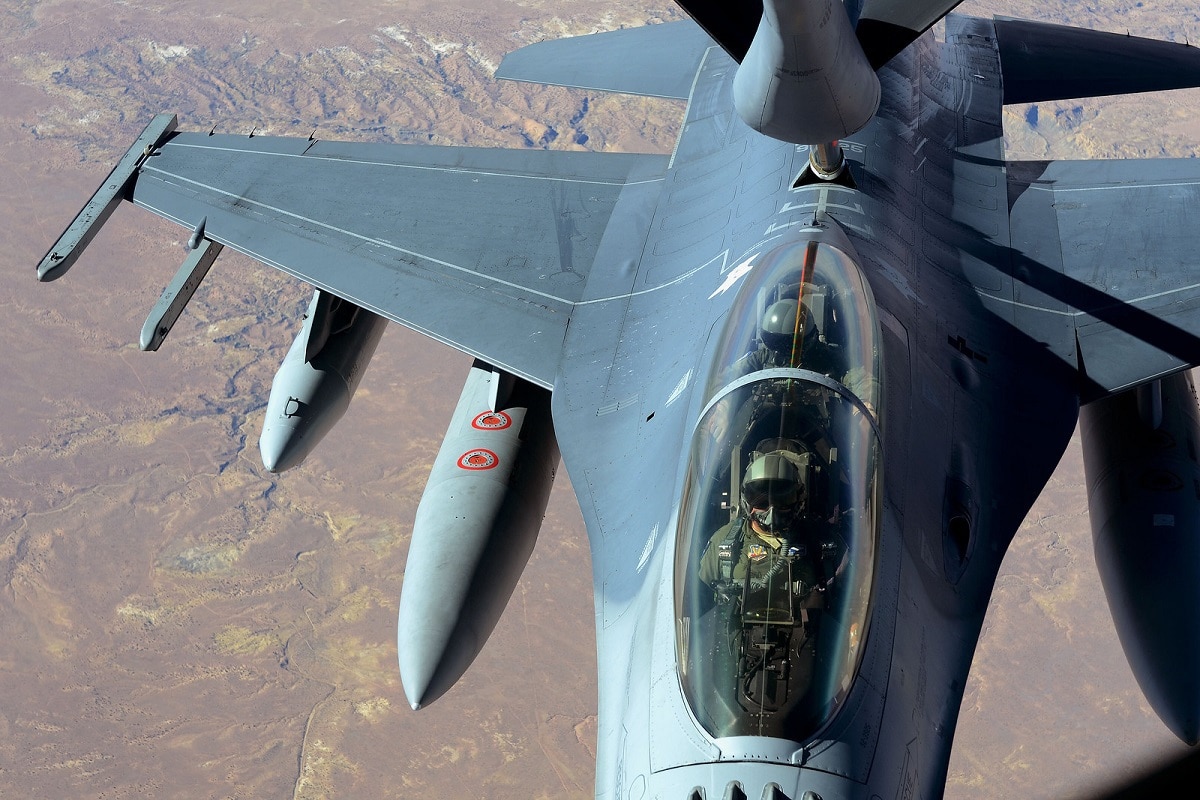Just 36 days into his presidency Joe Biden has launched airstrikes against Iranian‐backed militias in Syria. It is an ill‐advised move for several reasons.
Perhaps most troubling, it deepens U.S. military involvement in Syria’s murky civil war. Unfortunately, the latest step is symptomatic of the administration’s overall policy. In one of his first actions as president, Biden dispatched some 200 troops and 40 trucks of mostly military supplies to support Kurdish factions in eastern Syria.
Not only do the air strikes increase the likelihood of another bloody Middle East entanglement for the United States, they’re objectionable for other reasons. Russia is deeply involved in Syria to support Bashar al-Assad’s beleaguered regime. It is never a good idea for two major powers, especially two nuclear-armed powers, to be operating in the same arena to back opposing factions in an armed conflict. That situation creates a dangerous risk of clashes between U.S. and Russian forces. Indeed, there already have been at least two ugly incidents. Such an episode can easily spiral out of control.
The airstrikes on pro‐Iranian forces also greatly complicate the administration’s stated intention of reviving the multilateral agreement to impose limits on Tehran’s nuclear program. That effort already was faltering because each side has insisted that the other take the first substantive step toward a rapprochement. Washington’s new provocation further complicates an already fragile process.
Finally, the attack is another unhealthy manifestation of the imperial presidency. Once again, an occupant of the Oval Office has initiated military action against a sovereign country without even consulting Congress, much less asking for a declaration of war. Presidential arrogance has been especially pronounced with respect to Syria policy during the Obama, Trump, and Biden administrations. Syria did not attack the United States, and Congress has never formally authorized military operations in that country. Yet the United States now has several thousand troops there, has provided material support to insurgent factions attempting to overthrow Assad, and now is engaged in combat operations against the Syrian government and its militia allies.
The decision to launch airstrikes is a worrisome omen with respect to the administration’s overall Syria policy. Key members of the president’s foreign policy team, including Secretary of State Tony Blinken and National Security Advisor Jake Sullivan, are long‐time advocates of a more concerted U.S. effort to oust Assad, even when Biden, as vice president, seemed more hesitant. Now, he needs to listen to that inner voice of caution and resist the poisonous advice of such hawkish advisers. The Syrian quagmire beckons, and the Biden administration is flirting with having the United States wade into it.
Ted Galen Carpenter is senior fellow for defense and foreign policy studies at the Cato Institute. Carpenter served as Cato’s director of foreign policy studies from 1986 to 1995 and as vice president for defense and foreign policy studies from 1995 to 2011.

